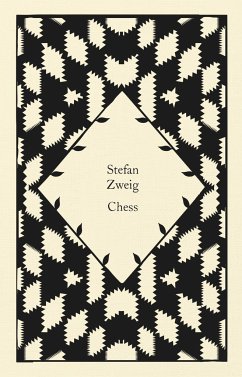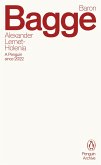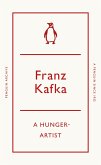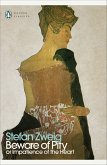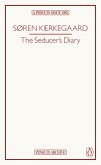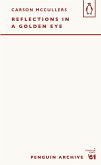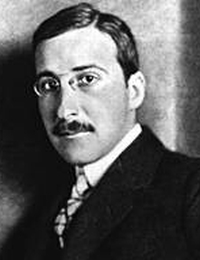"A group of passengers on a cruise ship challenge the world chess champion to a match. At first, they crumble, until they are helped by whispered advice from a stranger in the crowd--a man who will risk everything to win. Stefan Zweig's acclaimed novella Chess is a disturbing, intensely dramatic depiction of obsession and the price of the past"--
Bitte wählen Sie Ihr Anliegen aus.
Rechnungen
Retourenschein anfordern
Bestellstatus
Storno

